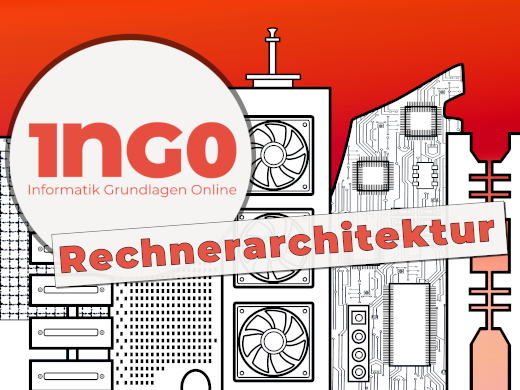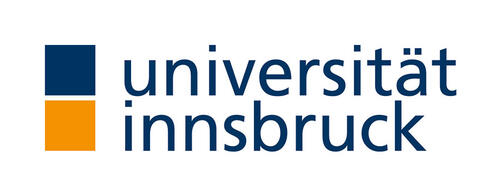


Rechnerarchitektur
University of Innsbruck
Rainer Böhme
About
Content
Course Content
Computer Architecture is a free MOOC (Massive Open Online Course) for computer science students and everyone interested in the topic.
The videos teach basic concepts about the implementation and functionality of computer systems which are reinforced with the help of exercises and quizzes.
The course is split into the following 9 units :
- Unit 1: Introduction
- Unit 2: Combinatorial Logic
- Unit 3: Sequential Logic
- Unit 4: Arithmetic
- Unit 5: Instruction Set Architecture
- Unit 6: Input and Output
- Unit 7: Processor Architecture
- Unit 8: Memory
- Unit 9: Performance
Course Goals
- Teaching basic knowledge about the design of digital circuits
- Understanding of architectural principles and organisational forms of modern computers
- Insight into the interaction of hardware and software
- Creation of machine-oriented programs using the ARM architecture as an example
- Learning approaches for evaluating and comparing computer systems
- Understanding the structure and functioning of hardware
Certificate
For actively participating in the course you will receive an automatic certificate which includes your username, the course name as well as the completed lessons. We want to point out that this certificate merely confirms that the user answered at least 75% of the self-assessment questions correctly.Course Instructor

Rainer Böhme
Prof. Dr. Rainer Böhme works at the Institute for Computer Science at the University of Innsbruck and is head of the Security and Privacy Lab. His research interests are IT security and data protection.
His methodological focus is on signal processing, coding theory and game theory as well as empirical methods in the social and behavioural sciences.
Main applications are digital forensics, payment systems, steganography, self-data protection techniques, user interfaces as well as strategic and operational aspects of security and risk management in distributed systems.
Login & Enrol Currently: 690 Participants
Free for all € 0.00
Partners

University of Innsbruck
Innsbruck
